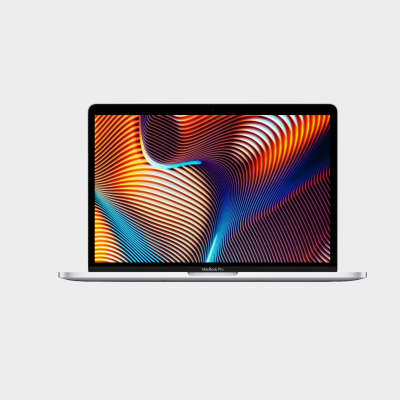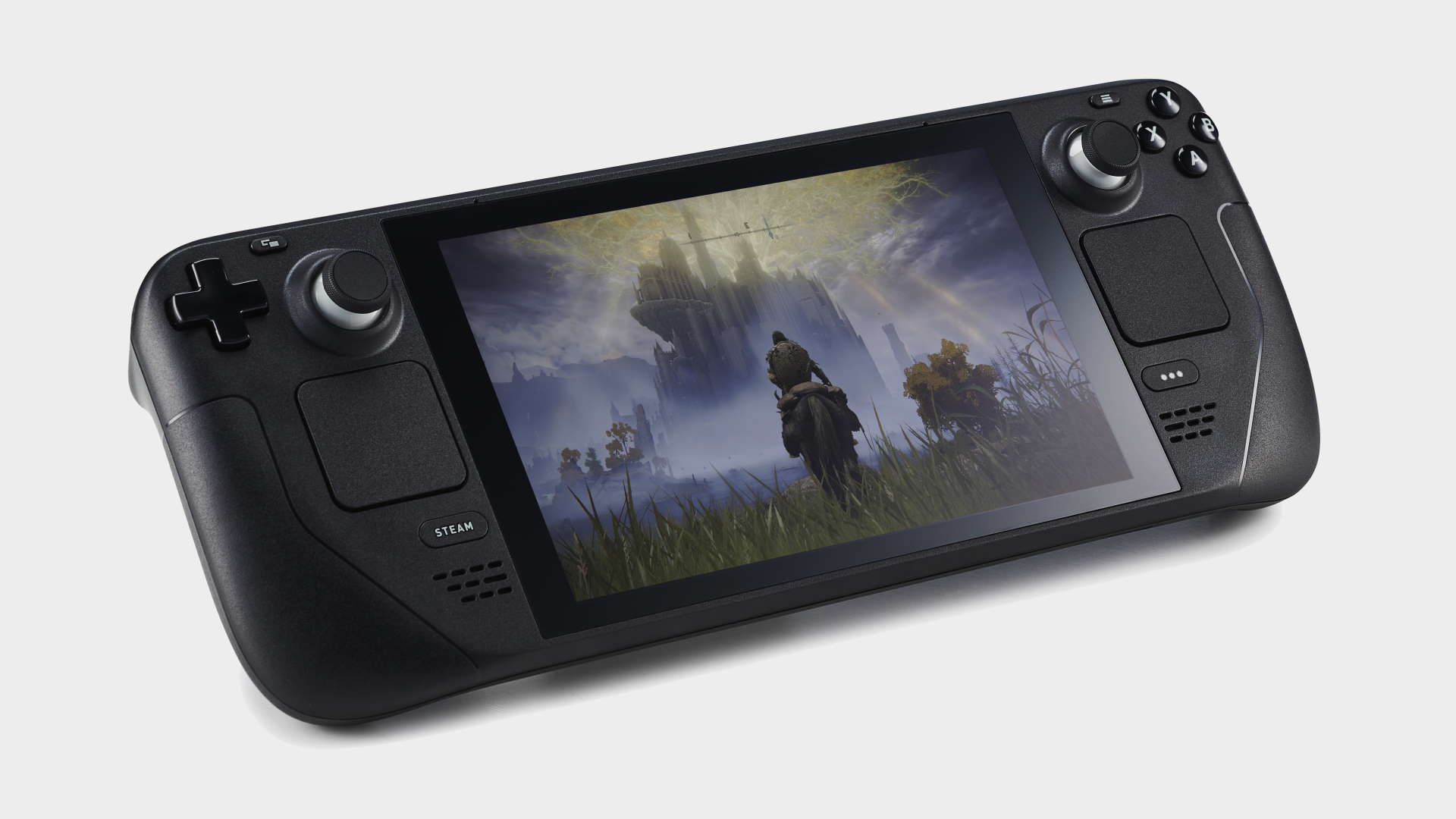Apple's Game Porting Toolkit previews a future free from overpriced GPUs
A chance for gamers to break free from the stranglehold of overpriced GPUs?

It was little more than a sidenote when Apple dropped its new Game Porting Toolkit at its WWDC event last week. But it could point to a revolution for PC gaming.
Similar to Valve's Proton technology for running Windows games on Linux, Apple's Game Porting Toolkit allows you to run unmodified Windows games on MacOS and therefore Macs and MacBooks. Cue inevitably and almost immediately the bizarre spectacle of CyberPunk running on MacBooks.
The technology of emulating game code across hardware platforms gets utterly baffling awfully quickly. But the broad brush with Apple's tech is that it's actually based on the CrossOver source code, an existing Wine-based solution for running DX12 Windows games on MacOS.
Broadly, there are two things to appreciate about the Game Porting Toolkit. Firstly, it's not meant to be a solution for gamers to run Windows games on their Macs. It's built for developers to help them assess the out-of-the-box performance of their game as a first step in optimising it for MacOS. So, it doesn't suddenly turn every Mac into a gaming rig.
And secondly? Despite that, many games run remarkably well. When you see something as demanding as Cyberpunk getting decent frame rates on an Apple laptop, well, it's hard not to take notice.
As it happens, Cyberpunk is not actually an example of a game that runs really well via the toolkit. Mac Gamer HQ lists it as merely 'average' in performance terms and therefore below numerous titles including Diablo 4, GTA 5 and Overwatch 2.
Anyway, the point to all this is that Apple's toolkit is just the latest example of how gaming seems to be increasingly heading in a hardware-agnostic direction. Proton already makes it easier than ever to run Windows games on Linux. But that's just a change of operating system, rather than hardware.
Keep up to date with the most important stories and the best deals, as picked by the PC Gamer team.
When you think about the complexity and fidelity of the graphics in something like Cyberpunk, and the fact that you're not just dealing with a change of OS but that the GPU in Apple's in-house M1 and M2 chips was never designed to be compliant with DX12—oh, and you're translating from x86 to ARM, to boot— it's pretty incredible to get decent performance with code being emulated on the fly.

Now, we're not suggesting for a moment that Apple Macs are suddenly going to be a great choice for gamers. In the short to medium term, at best being able to play PC games on a MacBook will remain a fringe benefit rather than a fully-functioning feature you can rely on.
Likewise, Apple's products are hardly the budget option. But if they do eventually amount to a genuine alternative to Nvidia and AMD's painfully pricey GPUs in at least some parts of the market, that will make for more competition. And that's got to be a good thing.
The same applies to the broader x86 versus ARM thing. Right now, PC gamers only get to choose between AMD and Intel CPUs using the x86 instruction set. But if we get to the point where the underlying architecture doesn't matter and ARM chips are viable for gaming, well, that really could make for an awful lot of choice.

Steam Deck review: Our verdict on Valve's handheld PC.
Accessories for the Steam Deck: Get decked out
Steam Deck availability: How to get one.
Steam Deck battery life: What's the real battery life of the new device?
Steam Deck - The emulation dream machine: Using Valve's handheld hardware as the ultimate emulator.
Sure, it's a bit more complicated than that. You'll need not only an ARM CPU but something to plug it into. And that something will need a high bandwidth interface for a discrete GPU. Or the ARM chip itself will need its own integrated GPU capable of gaming-level performance, which is quite an ask.
But if emulation platforms make it realistic to run PC games on ARM chips, who's to say a company like Qualcomm might not come up with a chip with decent mid-range gaming performance that shakes up the market?
None of this is going to happen overnight. And yet emulation technology has improved dramatically in recent years. The idea of hardware-agnostic games, of modern games that can run on all manner of hardware, seems far more viable now than ever before.
Given that it feels a little like Nvidia in particular is holding the entire PC gaming industry to ransom with its GPU pricing of late, anything that promises alternatives is very welcome indeed.

Jeremy has been writing about technology and PCs since the 90nm Netburst era (Google it!) and enjoys nothing more than a serious dissertation on the finer points of monitor input lag and overshoot followed by a forensic examination of advanced lithography. Or maybe he just likes machines that go “ping!” He also has a thing for tennis and cars.

